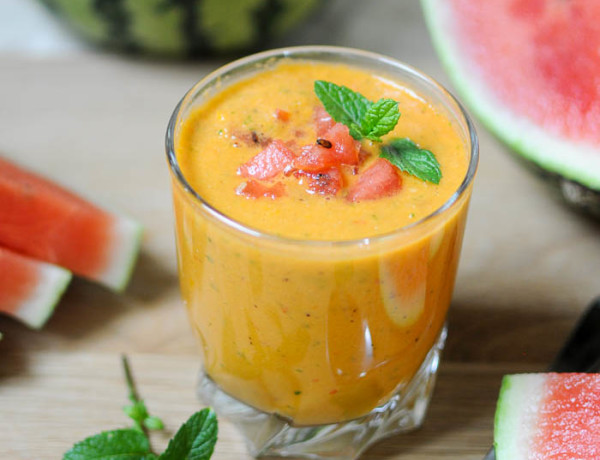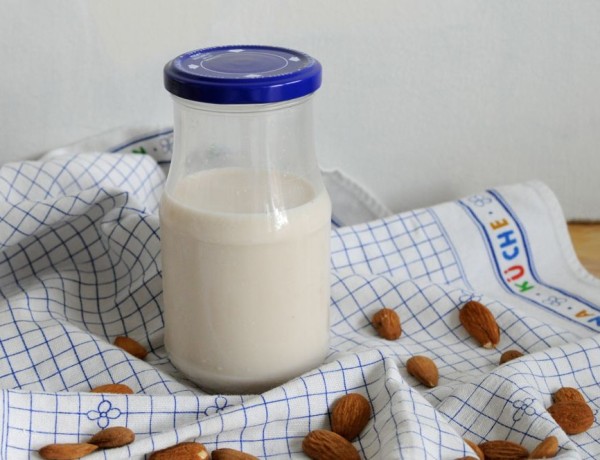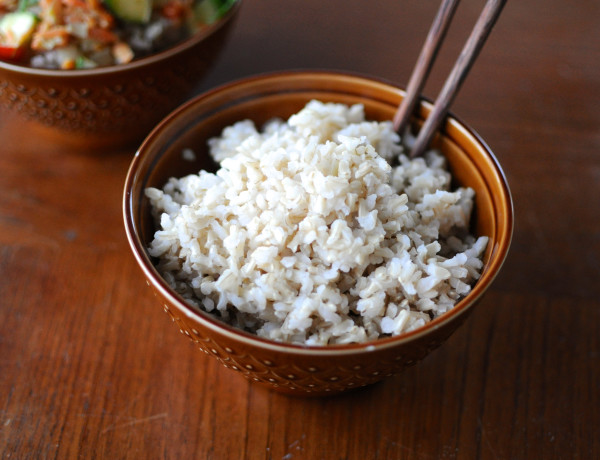Which Diet Reigns Supreme? A Deep Dive into Vegan, Mediterranean, and Atkins
There is no one diet that works for everyone when it comes to weight loss. Finding the best solution for you can be challenging with the abundance of choices available. In order to help you make an informed choice, we’ll compare the vegan diet to some of the most well-liked eating plans, including the paleo, keto, Mediterranean, Atkins, gluten-free, and Whole30 diets.
Vegan diet
The vegan diet is a plant-based diet that forbids the consumption of any animal products, such as dairy, meat, and eggs. According to studies, eating a vegan diet can help people lose weight, enhance their heart health, and reduce their chance of developing certain cancers. Yet, it can be difficult to consume enough protein and other nutrients on a vegan diet, which, if not carefully managed, might result in inadequacies.
Paleo Diet
According to the paleo diet, we should eat similarly to how our ancestors did in order to maintain good health. This diet emphasizes eliminating wheat, dairy, and processed foods in favor of consuming full, unprocessed foods such lean meats, fish, fruits, and vegetables. Although some people have claimed that the paleo diet helped them lose weight and improve their health, there isn’t any scientific proof to back up this claim.
Keto Diet
A low-carb, high-fat diet that has gained popularity recently is the keto diet. The body enters a state of ketosis when it burns fat for energy instead of glucose when carbohydrate consumption is severely reduced and fat intake is significantly increased. Although the keto diet has been demonstrated to cause significant weight loss and better blood sugar management, it can be challenging to maintain and, if not carefully managed, may result in dietary deficiencies.
Mediterranean Diet
The Mediterranean diet is based on the eating patterns of those who live in the Mediterranean Sea region of the world. Although eliminating red meat and processed meals, it places an emphasis on whole, unprocessed foods including fruits, vegetables, whole grains, seafood, and olive oil. According to research, eating a Mediterranean-style diet can enhance heart health and reduce the chance of developing certain ailments.
Atkins Diet
The Atkins diet emphasizes eating protein and fat in order to lose weight. It is a low-carb, high-protein diet. The Atkins diet has been successful for some people, however research has indicated that it may not be a long-term sustainable diet and may result in dietary shortages.
Gluten Free Diet
The gluten-free diet forgoes gluten, a protein present in rye, barley, and wheat. While some individuals must adhere to a gluten-free diet owing to celiac disease or gluten intolerance, others do so because they believe it will improve their health. The concept that a gluten-free diet is healthier for people who do not have celiac disease or gluten intolerance, however, is not well-supported by scientific research.
The Whole30 diet is a 30-day program that eliminates processed foods, sugar, grains, dairy, and legumes, with the goal of resetting your body and improving your overall health. While some people have reported weight loss and improved energy on the Whole30 diet, it can be difficult to sustain long-term and may lead to nutrient deficiencies if not carefully planned.
Comparing the Diets
When comparing these popular diets, it’s important to consider the pros and cons of each. The vegan diet is a great option for those looking to reduce their environmental impact and improve their overall health. However, it can be challenging to get enough protein and other nutrients on a vegan diet, and it may not be a good fit for everyone.
The paleo diet emphasizes whole, unprocessed foods and can lead to weight loss and improved health. However, there is little scientific evidence to support its long-term effectiveness.
The keto diet has been shown to lead to significant weight loss and improved blood sugar control. However, it can be difficult to sustain and may lead to nutrient deficiencies.
The Mediterranean diet is a balanced and sustainable diet that emphasizes whole, unprocessed foods and can lead to improved heart health and a lower risk of certain diseases.
The Atkins diet may lead to weight loss, but it may not be a sustainable long-term diet and may lead to nutrient deficiencies.
The gluten-free diet is necessary for those with celiac disease or gluten intolerance, but there is little scientific evidence to support its use for those without these conditions.
The Whole30 diet can lead to weight loss and improved energy, but it can be difficult to sustain long-term and may lead to nutrient deficiencies.
Conclusion
In conclusion, there is no one-size-fits-all approach to diets. Each diet has its own pros and cons, and it’s important to consider your personal preferences and health goals when choosing a diet. The vegan diet is a great option for those looking to reduce their environmental impact and improve their overall health, while the Mediterranean diet is a balanced and sustainable diet that can lead to improved heart health. It’s important to speak with a healthcare provider or registered dietitian before starting any new diet to ensure that it is safe and effective for you.







